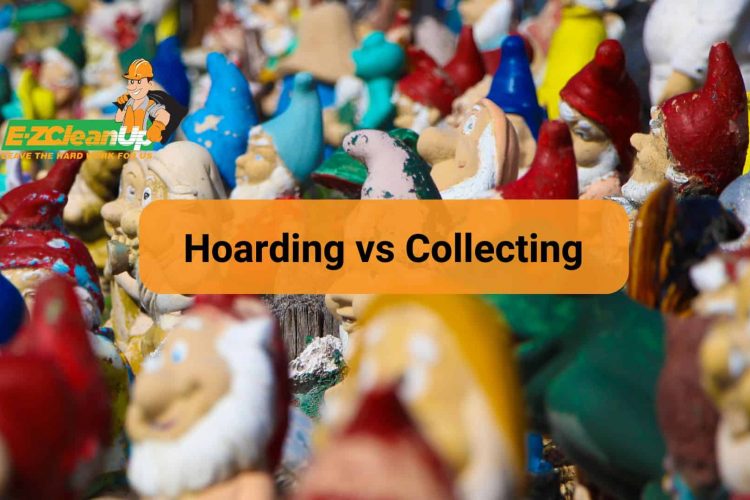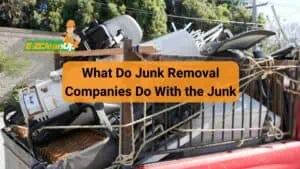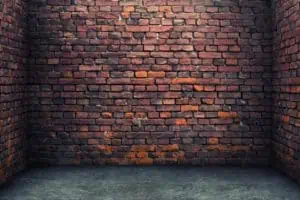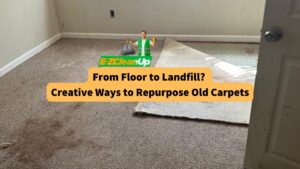Hoarding involves compulsive acquisition and difficulty discarding items, often leading to clutter and distress. Collecting is an organized hobby focused on specific themes, enhancing identity and social life. Recognizing the shift from collecting to hoarding is crucial for intervention.
Wanna know the details about hoarding vs collecting? Read on.
Defining Hoarding and Collecting
Hoarding and collecting are often confused, but they represent very distinct behaviors with different implications for individuals.
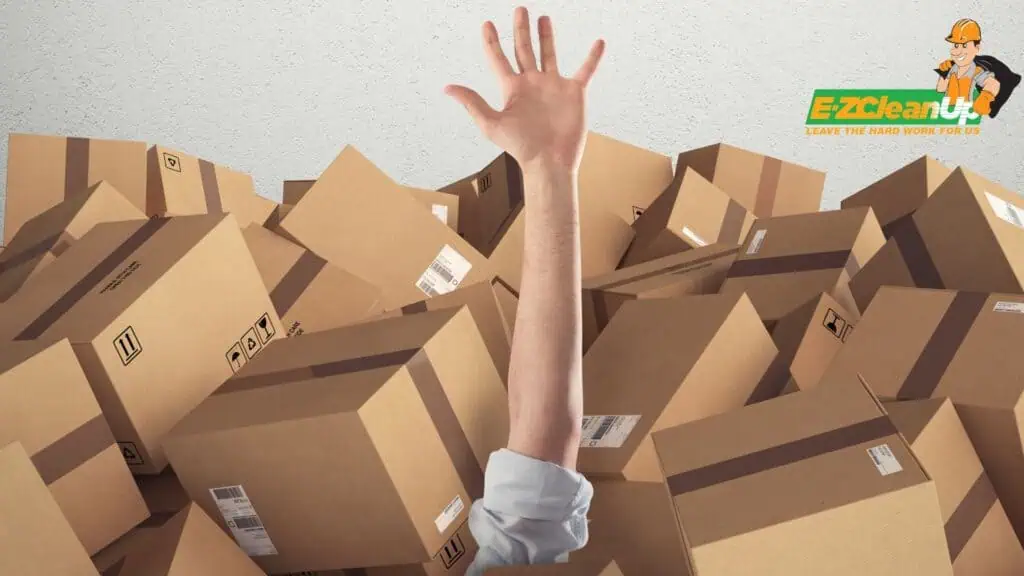
Overview of Hoarding
Hoarding is characterized by the compulsive acquisition of items and an inability to discard them, regardless of their actual value. This behavior typically results in significant clutter that interferes with a person’s ability to use their living spaces as intended.
It can lead to considerable distress and functional impairments in daily life. Hoarders often feel a strong attachment to their possessions. This makes it difficult to part with them, and this can lead to a disorganized accumulation that poses safety and health risks.
Overview of Collecting
In contrast, collecting is an organized and intentional activity where items are acquired around a specific theme or interest. Collectors are usually very systematic about how they arrange and care for their collections. They often take pride in their organization and the aesthetic or thematic cohesion of their items.
Collecting can offer emotional satisfaction and a sense of accomplishment. It contributes positively to one’s identity and social interactions. Collectors also often engage with communities of like-minded individuals, which can enhance their social life and provide further enjoyment from their hobby.
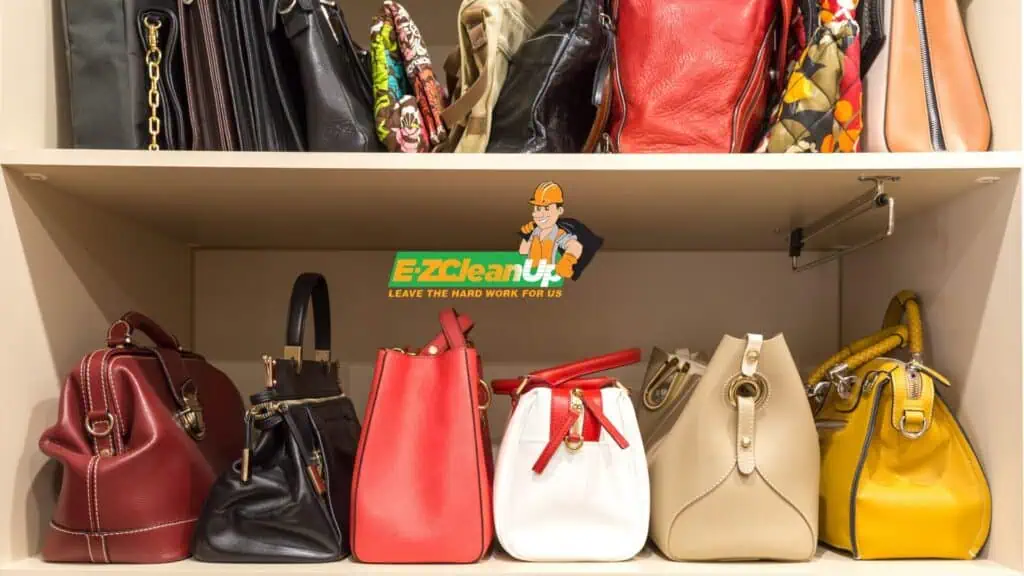
Main Differences Between Hoarding and Collecting
These differences between hoarding and collecting highlight the behavioral and psychological variations between the two. These emphasize the importance of recognizing when hoarding becomes a disorder.
Emotional Attachment
Hoarding involves a deep emotional bond with possessions, often causing distress at the thought of giving them away. This attachment might stem from the need to keep items for future use or from their connection to past positive memories.
On the other hand, collectors typically view their items with a sense of appreciation for their beauty or thematic significance, not emotional dependency.
Impact on Living Conditions
Hoarding can severely affect living conditions. It can turn homes into cluttered spaces that compromise safety and functionality. Rooms may become unusable for their intended purposes due to excessive clutter.
Collectors, however, organize their items in a way that adds to their living space. They maintain the functionality and enjoyment of their home.
Acquisition Behavior
Collectors acquire items methodically. They choose pieces that align with a specific theme, like stamps or art, and often conduct extensive research to find the perfect additions.
In contrast, hoarders acquire items impulsively. Fear of missing out on something beneficial drives them to collect or hoard without clear themes or purposes.
Psychological and Social Implications
Hoarding and collecting significantly differ in their psychological impact on individuals. Hoarding is often linked to severe anxiety and distress. This stems from the hoarder’s intense emotional attachment to their possessions, which they perceive as extensions of themselves.
The inability to part with items, even those that are no longer useful or have lost value, can lead to significant mental health challenges. In fact, hoarding is frequently associated with major depressive disorder and generalized anxiety disorder, underscoring the severe psychological distress it can induce.
Conversely, collecting tends to provide joy and satisfaction. Collectors usually engage in this activity out of passion and interest, which brings them pleasure and a sense of accomplishment. Their organized approach to acquiring and maintaining their collections contributes positively to their mental well-being.
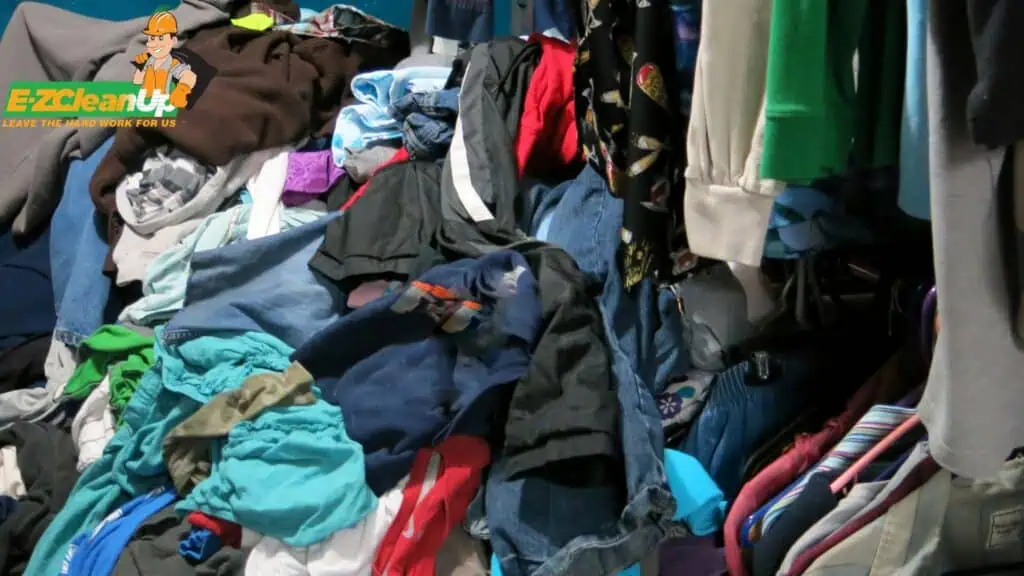
Social Consequences
The social implications of hoarding versus collecting are also quite distinct. Hoarding can lead to profound social isolation. The disorder often results in living environments so cluttered and unsanitary that hoarders may feel embarrassed or ashamed.
This results in hoarders choosing to avoid inviting others into their homes. This can worsen feelings of loneliness and contribute to deteriorating social relationships.
In contrast, collecting can enhance social interactions. Collectors often partake in community groups, attend conventions, or participate in online forums where they connect with others who share similar interests. These interactions enrich their social lives while reinforcing their sense of community and belonging.
Management Strategies for Hoarders
Managing hoarding involves tailored strategies primarily focused on therapy and gradual decluttering. Cognitive Behavioral Therapy (CBT) is widely recognized as effective. It focuses on understanding and changing the hoarder’s thoughts and behaviors related to their possessions.
CBT therapy sessions often include:
- Assessment and Personal Model Development: Initial sessions assess the severity of hoarding and help individuals understand their behaviors.
- Skills Training: This includes categorizing, organizing, decision-making, and discarding. It aims to reduce the hoarder’s attachment to possessions.
- Motivational Interviewing: Used throughout therapy, this helps enhance motivation and readiness for change by aligning the individual’s values with their behavior change goals.
- Harm Reduction: In cases where immediate decluttering isn’t feasible, this strategy focuses on minimizing risks like fire hazards and improving accessibility in the home.
Professionals may also incorporate home visits to directly address the clutter environment. These can make the intervention more practical and grounded in the individual’s everyday challenges.
Tips for Collectors
For collectors, maintaining an organized and meaningful collection is crucial. Key strategies include:
- Regular Assessment: Periodically reviewing the collection to ensure it remains meaningful and manageable.
- Organized Display: Ensuring items are well displayed and stored in a way that highlights their value and keeps them in good condition.
- Community Engagement: Engaging with other collectors through clubs or online forums can provide social support and valuable insights into effective collection management.
Encouragement for Appropriate Management
Recognizing when collecting morphs into hoarding is crucial for early intervention. If the behavior associated with acquiring and storing items starts to interfere with daily living or causes distress, it may be time to seek help:
Early Intervention
Addressing hoarding behaviors before they fully develop can prevent the severe consequences associated with the disorder. Early intervention strategies include therapy, which has been effective in managing hoarding behaviors by addressing the underlying emotional attachments to possessions.
Professional Help
Engaging with mental health professionals who specialize in hoarding can provide necessary support and strategies for managing the disorder. These professionals can offer personalized treatment plans that may include therapy, home visits, and sometimes medication.
By understanding these differences and taking early action when behaviors begin to shift from collecting to hoarding, individuals can maintain their quality of life and ensure their collecting habits remain healthy and enjoyable.
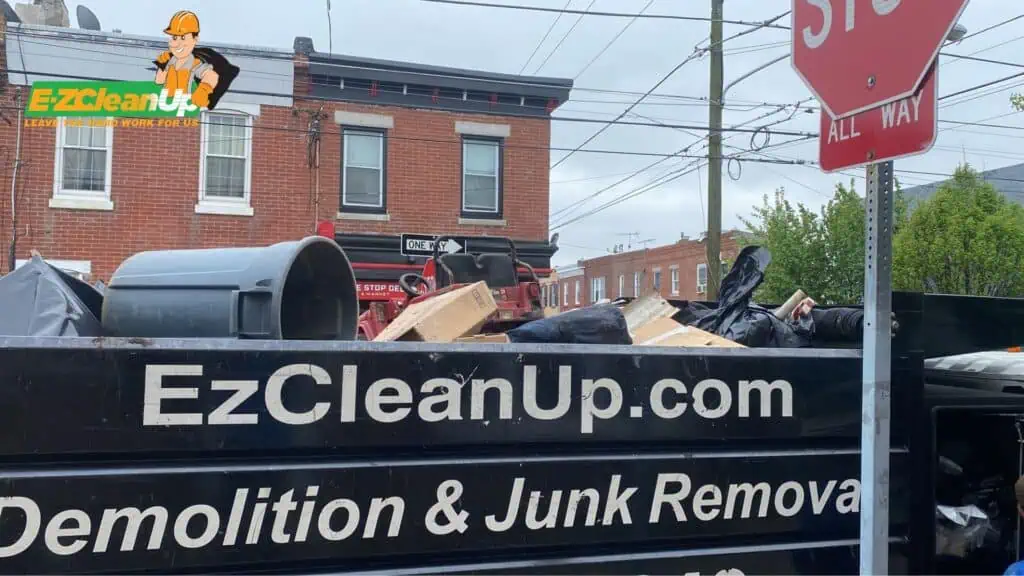
Restore Harmony at Home with EZ
While collecting brings joy and organization, hoarding can lead to severe clutter and stress. Recognizing when collections turn into clutter is the first step towards taking back control of your space.
EZ CleanUp provides thorough cleanout and junk removal services that can transform your cluttered spaces back into welcoming areas. Reach out to us to learn more.

